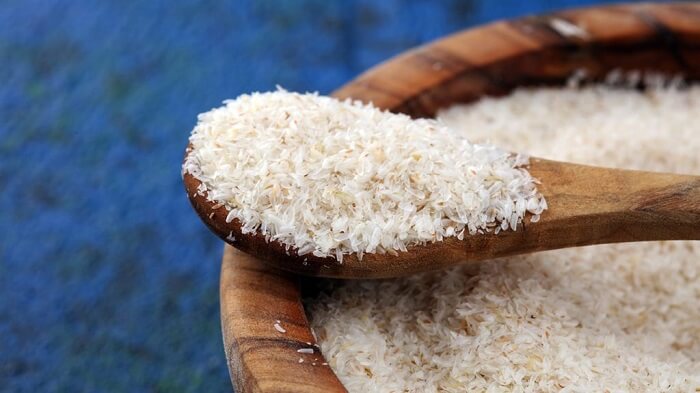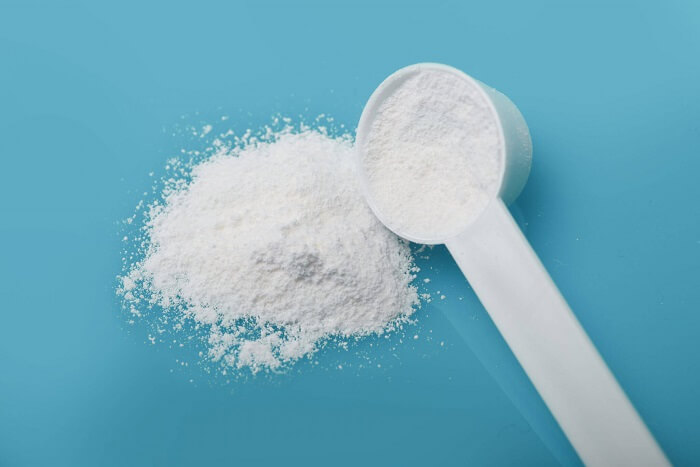If you are looking for the best supplements for your gym workout or to get in shape, it is a difficult decision to make. There’s one big reason why: Unlike medication, the Federal Drug Administration (FDA) does not need dietary supplements to be declared safe before they hit the market. You don’t require a prescription for supplements. You don’t require a doctor’s approval and you often don’t require a lot of money to buy a supplement either. In this article, you will get the top 10 supplements for men.
So rather than believing just in the marketing labels on the products, here’s another approach: Trust us. We’ve dedicated this journal to Men’s stuff. We’ve analyzed the research. We’ve spoken to the experts and then compiled this list of top 10 supplements for men.
Shockingly, a great number of products on the market don’t support what they claim. And because supplements aren’t approved by the FDA, the manufacturers that make these supplements can get away with declaring the unsupportable. That’s the reason, we, Mentitude, always suggest taking your essential nutrients from real foods rather than supplements.
Top 10 Supplements for Men
The above said is true but it’s also challenging for some people to eat all the protein, creatine, or goods they need daily to meet their nutrition goals. This is particularly relevant for the people who want to gain muscle, as it’s difficult to chew through pounds of protein. So it is much more comfortable for them to simply take a protein powder shake.
So, this is a list of supplements you can trust to assist you to hit your goals, be they getting muscle, gaining strength, losing weight, or simply all three.
Creatine
Creatine is one of the most widely considered nutritional supplements, both in lab research and by real-life professionals. To date, most conclusions suggest one thing: Creatine works. The supplement may improve muscle function during high-intensity training and cause muscle growth, likely due to increased water preservation by muscle cells. Some data recommend there may be gains in muscle fiber diameter as well. Vegetarians may have a more prominent acknowledgment of supplementation because of their restricted intake of dietary creatine. Adding three to five grams per day can assist increase power or speed or help you put on some weight.
Omega 3 Fatty Acids
Omega 3 are essential fats your body can’t make on its own, so you have to get them from your nutrition diet. Even if you eat fish one to two times per week, you won’t be getting sufficient omega-3s to satisfy your body’s requirements. By consuming a high-quality fish oil supplement, you can decrease triglycerides, decrease your risk of heart disease, promote healing from training, preserve your brain health, and possibly lower your risk of diabetes. Omega-3s may even assist with losing body fat. When picking a supplement, look for brands that provide a minimum of 2 grams of EPA and DHA (two of the three amino acids in omega-3s) daily.
Whey Protein
Whey protein is not an essential supplement, but it can be useful to have on hand. Because whey is rich in branched-chain amino acids, it can help workout recovery. More importantly, whey protein is a fast, accessible source of good calories. Add some to fruit or a scoop of nut butter, and you have an excellent on-the-go feast that takes 60 seconds to prepare.
Green Supplements
While not an alternative of fruits and vegetables, greens supplements (fruit and vegetable concentrate) are a great “insurance scheme” if your food consumption is not sufficient. Less than six percent of men and nine percent of women age five to 34 consume the prescribed minimum of five servings of fruits and vegetables each day.
Probiotics
Here’s another alternative for you. There are millions of different strains of bacteria in your gut. Some are useful; others, not so much. The bacteria in your gut can affect your overall well-being, metabolism, and immune system. Probiotics can assist renew and support your internal supply of good bacteria, sometimes driving to less gas, bloating, and abdominal pain.
Antioxidants
The term ‘antioxidant’ is a versatile word containing thousands of nutrients, including vitamins, minerals, and flavonoids. Many are found in fruits and vegetables, which are usually not included in adequate quantity in common bodybuilding diets, particularly fat-loss diets. Workout produces oxidative responses that would commonly be toxic to your body. The body’s antioxidant systems that work against oxidation are usually destroyed by exercise. Supplemental antioxidants assist them to deal with infinite toxic oxidants, such as the free radicals produced when training pumps up your oxygen metabolism. Common dietary antioxidants include vitamins E, C and B-complex, selenium, zinc, and manganese.
Psyllium
Psyllium is a soluble fiber that can assist lower cholesterol, control blood sugar in people who have diabetes, and support “move things along” if you’re a little backed up. If you want to supplement, start with small doses, and increase over time.
Beta-Alanine
Beta-alanine supplements have won attention over the last few years as various analysis researches have associated its application to performance improvements. Beta-alanine is the beta form of the amino acid alanine, which muscle cells use to produce carnosine. Carnosine is one of the more efficient buffering agents in skeletal muscle, suggesting that during high-intensity exercise it assists stave off some of the things that slow you down.
Glucosamine and Chondroitin
Both of these elements are found naturally in the body. They decrease the pain associated with sore joints and connective tissue and encourage healing. The chondroitin impact distinguishes the glucosamine-and-chondroitin combo from anti-inflammatory drugs, which reduce pain but do nothing to assist repair tissue or hinder additional joint injury.
Curcumin
You may know turmeric from your favorite Indian recipe. But did you know that study recommends that curcumin (a chief component of turmeric) contains a wide range of useful health characteristics? A 2010 research discovered that curcumin has anti-cancer, anti-viral, anti-arthritic, and anti-inflammatory qualities. Its extremely powerful anti-inflammatory qualities are regarded as one of the prime drivers of these advantages.






















Recent Comments